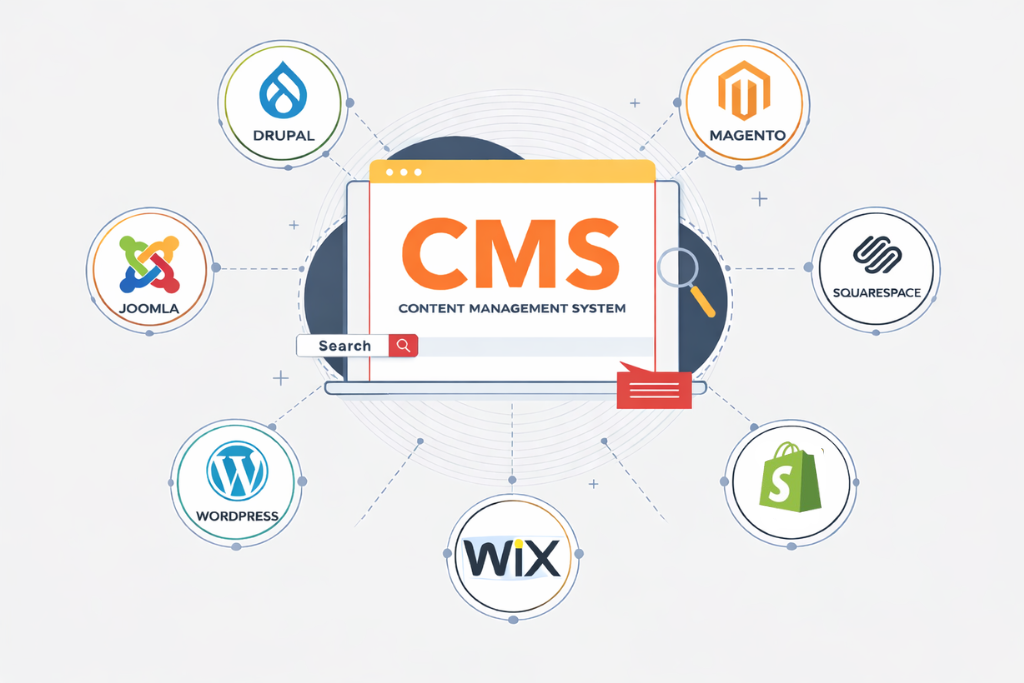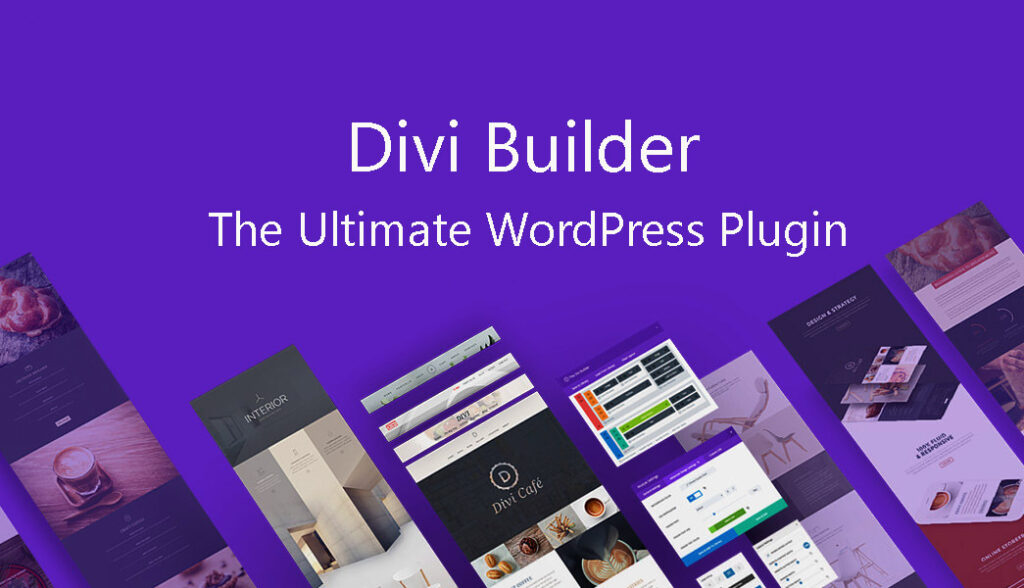Digital marketing plays a crucial role in helping small businesses thrive by leveraging online channels to reach and engage their target audience effectively. It offers cost-effective strategies like SEO and social media marketing to enhance visibility, target specific customer groups, and measure campaign success. By utilizing these tools, small businesses can compete more efficiently in today’s competitive marketplace, driving growth and achieving their business goals.
Benefits of Digital Marketing for Small Businesses
Digital marketing offers numerous advantages for small businesses, enabling them to grow and succeed in a competitive landscape. Here are some key benefits.
1. Cost-Effective
Digital marketing is cheaper than traditional marketing methods. Small businesses can get great results with a smaller budget using tools like social media and email marketing.
2. Increased Visibility
Using SEO and social media marketing helps small businesses get noticed online. This makes it easier for customers to find them when looking for products or services.
3. Targeted Advertising
Digital marketing allows businesses to aim their ads at specific groups of people. This ensures that marketing efforts reach the right audience, increasing the chances of making a sale.
4. Measurable Results
With digital marketing, businesses can see how well their ads are doing in real time. Tools like Google Analytics show what’s working and what’s not, allowing for quick changes.
5. Enhanced Customer Engagement
Social media and email marketing let businesses talk directly to their customers. This helps build strong relationships and keeps customers coming back.
6. Flexibility and Adaptability
Digital marketing campaigns can be easily adjusted based on performance. This means small businesses can quickly respond to changes in the market and customer preferences.
7. Competitive Edge
By using digital marketing, small businesses can compete with larger companies. A strong online presence can help small businesses reach more people and grow their customer base.
Overall, digital marketing helps small businesses achieve their goals more efficiently and effectively, leading to growth and success.
Key Digital Marketing Strategies for Small Businesses
To maximize the benefits of digital marketing, small businesses can implement several key strategies. Here are some effective ones:
1. Search Engine Optimization (SEO)
SEO improves your website’s visibility on search engines like Google. By using relevant keywords and optimizing your website, you can attract more visitors who are looking for what you offer.
Tips for Effective SEO
- Use relevant keywords in your content.
- Ensure your website is mobile-friendly.
- Create high-quality, valuable content.
2. Social Media Marketing
Social media platforms like Facebook, Instagram, and Twitter are great for reaching and engaging with customers. They help build brand awareness and foster customer loyalty.
Tips for Effective Social Media Marketing
- Post regularly and consistently.
- Share content that your audience finds interesting and useful.
- Engage with your followers by responding to comments and messages.
3. Email Marketing
Email marketing is a cost-effective way to stay in touch with your customers. It can be used to send updates, special offers, and personalized content to your audience.
Tips for Effective Email Marketing:
- Build an email list with the consent of your customers.
- Send regular, but not too frequent, newsletters.
- Personalize your emails to make them more relevant.
4. Content Marketing
Creating valuable content like blog posts, videos, and infographics can attract and engage your audience. It also helps establish your business as an authority in your industry.
Tips for Effective Content Marketing:
- Create content that answers common questions or solves problems for your audience.
- Use a mix of content types (blogs, videos, infographics).
- Share your content on social media and other platforms.
5. Pay-Per-Click (PPC) Advertising
PPC advertising, like Google Ads, allows you to place ads in search engine results and on other websites. You only pay when someone clicks on your ad, making it a cost-effective way to drive traffic.
Tips for Effective PPC Advertising:
- Use targeted keywords relevant to your business.
- Set a budget and monitor your spending.
- Create compelling ad copy to attract clicks.
6. Online Reviews and Reputation Management
Online reviews can significantly impact your business’s reputation. Encouraging satisfied customers to leave positive reviews can help attract new customers.
Tips for Managing Online Reviews:
- Ask happy customers to leave reviews on platforms like Google and Yelp.
- Respond to all reviews, both positive and negative, professionally.
- Monitor your online reputation regularly.
By implementing these key digital marketing strategies, small businesses can increase their online presence, engage with their target audience, and drive growth.
Common Issues and Troubleshooting
While digital marketing offers many benefits, small businesses may encounter some common issues. Here are a few problems and how to fix them:
1. Low Website Traffic
Not enough people are visiting your website.
Solution:
- Improve your SEO by using relevant keywords.
- Share your website content on social media.
- Consider using PPC advertising to drive traffic.
2. Poor Engagement on Social Media
Your social media posts are not getting likes, comments, or shares.
Solution:
- Post content that is interesting and useful to your audience.
- Use images and videos to make posts more engaging.
- Respond to comments and messages to interact with your followers.
3. Low Email Open Rates
Few people are opening your emails.
Solution:
- Make your subject lines catchy and relevant.
- Send emails at times when your audience is most likely to check their inbox.
- Ensure your email content is valuable and not too long.
4. High Bounce Rate
Visitors leave your website quickly after arriving.
Solution:
- Improve your website’s loading speed.
- Ensure your website is easy to navigate.
- Provide clear and engaging content that keeps visitors interested.
5. Low Conversion Rates
Visitors are not taking desired actions like making purchases or signing up for newsletters.
Solution:
- Make sure your call-to-actions (CTAs) are clear and compelling.
- Offer incentives like discounts or free trials.
- Simplify the process for making a purchase or signing up.
6. Negative Online Reviews
Receiving bad reviews can harm your business’s reputation.
Solution:
- Respond to negative reviews calmly and professionally.
- Try to resolve the issues mentioned in the reviews.
- Encourage satisfied customers to leave positive reviews.
Conclusion
Digital marketing is a powerful tool for small businesses to grow and succeed. By using strategies like SEO, social media marketing, email marketing, content marketing, and PPC advertising, businesses can reach more customers and boost sales. Although there may be challenges, with the right approach and solutions, these issues can be overcome.




